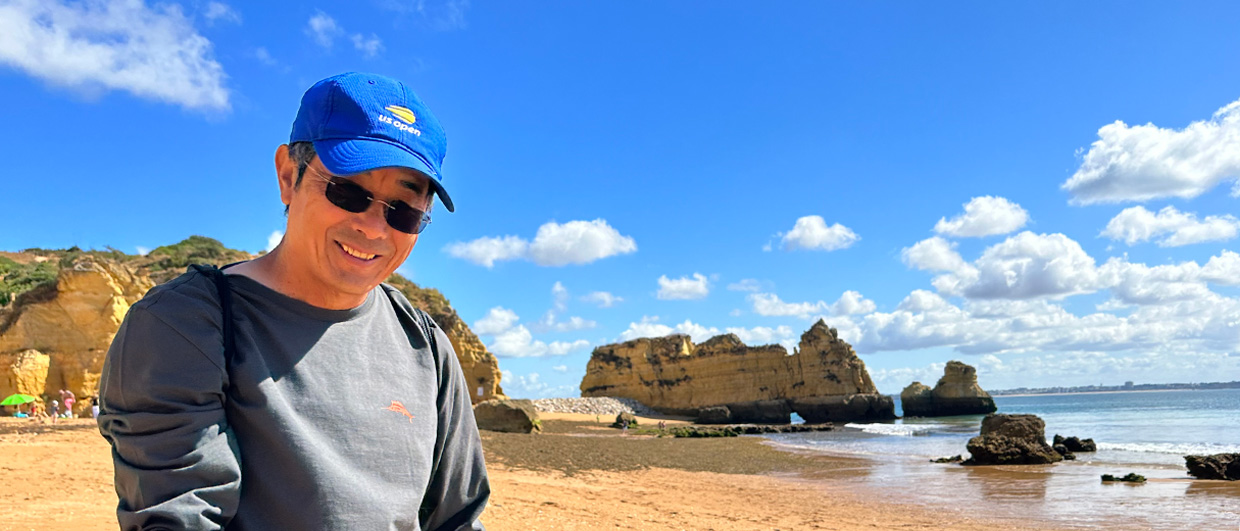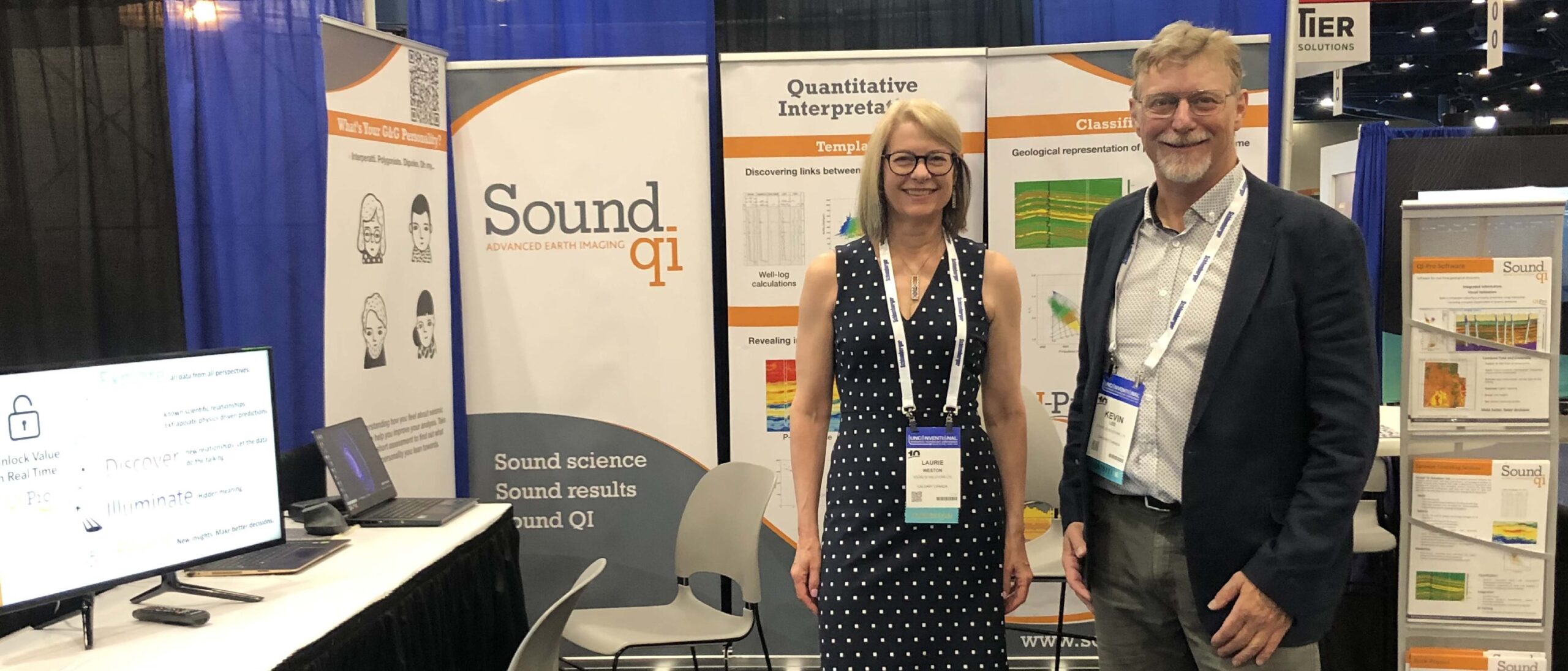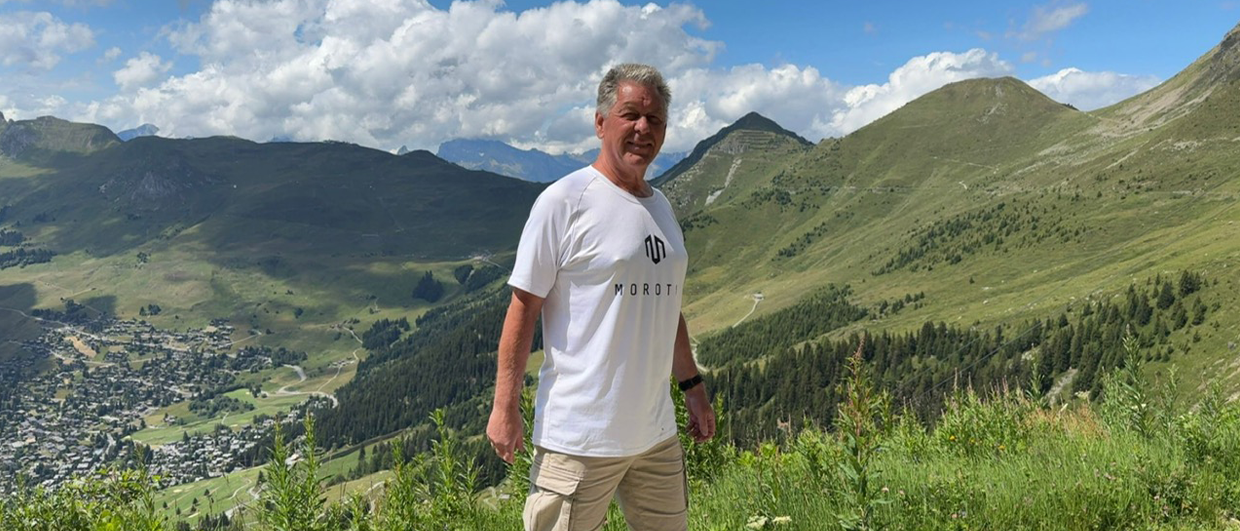The theme of the 7th conference is ‘from Mature Basins to New Frontiers’. In which of these do you envisage most activity in the next decade?
In exploration, I expect some wells and marginal projects will be deferred, with only the best opportunities being drilled. Effects of the downturn in the global economy, such as a shortage of special steels, may result in project delays. In production, the emphasis will be on increasing recovery and optimal use of current infrastructure.
Activity in Mature Basins over the next decade will probably therefore be focused on increasing effectiveness and efficiency of production. Asset portfolios, predicated on a high oil price, will be reassessed and I expect several players will be lost to the industry. New Frontiers, like the circum-Arctic, have long lead times, and deferral of operational activities is expected. The future of unconventionals is intriguing. The economics of many of these projects are based on a high oil price – geopolitics, especially security of supply, will inevitably play a role.
One thing is for certain and that is nothing is for certain. What is considered an issue for one player may be an opportunity for another.
The 7th Conference includes debates on modern geo-controversies. Which of these is most significant to the future of the industry?
The geo-controversies debates are a new feature which we hope will add an extra dimension to the conference. We have three interesting debates in store. The first discusses Peak Oil and is directed to society at large, while the second debate is entitled: “Are NOCs the future of the petroleum industry?” This subject is very significant to the global industry, as it pertains to access to new opportunities. Our final debate is entitled: “Is exploration in the North Sea finished?” For those involved in exploration in the North Sea, this is a key question!
What is the most important thing you would like to see achieved through the conference?
It probably goes without saying that I should like to see sharing of differing perspectives of the geoscience issues of today and identification of the challenges of tomorrow; to have some fun and learn some science! However, personally, the most important achievement would be to enhance the tradition and reputation of the “Barbican” conferences by completing the transition from a successful north-west Europe-centric conference to one truly global in stature.
A specific interest of yours is university / industry collaboration. What new areas of collaboration would you like to see?
Yes, I have had a longstanding interest in geoscience research. I find it a lot of fun to work with bright, young minds who question established dogmas and develop alternative scenarios to the geoscience challenges facing us today and in the future.
University / industry collaboration is beneficial to both parties, giving academia access to extensive, high quality datasets, while exposing industry to the rigour of scientific research. For both parties, it provides different perspectives on the issues to be solved.
I should like to see collaboration that increases the geoscience understanding of the challenges facing society today, such as between various organisations providing new water wells in humanitarian aid programmes. Secondly, and very differently, collaboration across scientific disciplines; for example, new insights into geoscience through collaboration with medical research.




